It turns out Liz Truss has been taking inspiration from the philosopher Sinitta and not that Roman bloke Seneca she mentioned in her leaving speech.
In the 1985 hit single So Macho, Sinitta declared: “There is no way I’ll make do with anything less than I’m used to.”
Words to live by, and it appears Ms Truss does, if details of her rockstar-style demands are correct.
According to a new biography, her “rider” includes coffee sourced only from independent stores, sushi, chilled sauvignon blanc and “absolutely no mayonnaise on anything, ever”.
Coffee has to be served in a small takeaway cup and a one-time aide claims the former PM “drinks about 42,000 espressos a day”.
If that’s true perhaps we could get her one of those electricity-generating bikes in case we do have blackouts this winter.
Economy
She could play old-school dance tracks in keeping with the late Eighties-style economy we have revisited now the Bank of England has raised interest rates by 0.75% to 3%, the biggest hike since 1989.
For anyone with a mortgage, things just got tighter than one of Rishi Sunak’s designer suits, and that’s as we enter what is forecast to be the longest recession on record.
I’m clinging to the words of Stephen Bird, CEO of global investment company abrdn, who reminded us: “This too shall pass.”
The Bank predicts unemployment will double by 2025 so every project counts, including the Sutherland spaceport which is expected to create 40 jobs and help halt “massive population decline” (The P&J, November 1).
Climate change
Boris Johnson is also jetting off, this time to COP27 with vague claims of “being invited” to Egypt. Haven’t we all?
His sounds about as formal an invitation as the one I had from Tui this week offering four nights at Sharm El-Sheikh from £479pp including flights.
Sunak must have spotted the same promotion because now he’s heading to the Red Sea resort.
While those two fight over the last premium economy seats from Gatwick, I’m deploying Doublethink to see how offering 100 new oil and gas licences is compatible with our climate goals.
As my go-to source of information is usually film (I learned everything I know about plea bargaining from Legally Blonde) I’ll be attending one of the screenings of The Oil Machine documentary, probably along with many North Sea workers concerned about their futures (The P&J, November 2).
Sadly The Belmont won’t be screening it, but I’m pleased the council is speaking to “everyone” interested in reviving the film house (The P&J, November 3).
No doubt it screened Trainspotting back in the day and this week the live stage show notched up its 100th performance.
Irvine Welsh’s lead character Renton had plenty to worry about in the Nineties but these days society’s tally of woes is longer than a Liz Truss aide’s shopping list.
Collins Dictionary has a word for it – permacrisis – an extended period of war, inflation, climate change and political instability (The P&J, November 1).
It’s scary stuff, but not as scary as one dad’s Halloween display at a house in Fochabers (The P&J, October 31).
After what he achieved in a fortnight I suggest he helps out at Union Terrace Gardens, which has taken longer to complete than the Eiffel Tower, although they did switch on the big light for Halloween (The P&J, October 31).
Some things, like Inverness Airport Railway Station, are worth a 24-year wait, as Frank Roach of Hitrans knows (The P&J, November 2).
Meanwhile at London’s Victoria Station, a group of migrants were left stranded after being removed from Manston, the overcrowded immigration centre which Suella Braverman later visited in a £3,500-an-hour military helicopter.
Perhaps she could fly it to Aberdeen, where Aer Lingus opened a new route to the US via Dublin this week.
I suggest she catches a flight to New York and, as I did in March, visits Ellis Island, which between 1892 and 1954, gave a humane and dignified welcome to more than 12 million immigrants – 5,000 people a day.
Many of those arrived sick and received care in the island’s on-site hospital.
The nurses tending to those with infectious illnesses showed such compassion they had to be reminded daily by a sign on the wall which read: “Do not cuddle the children.”
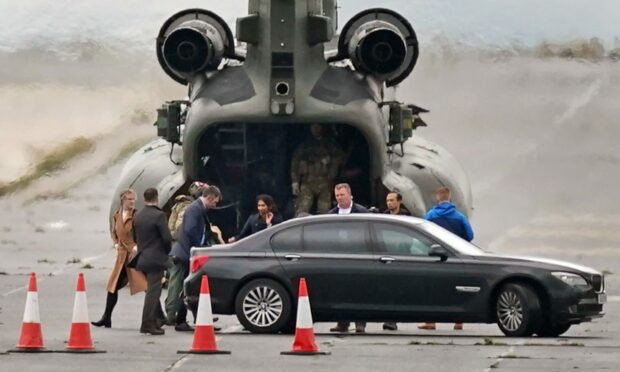
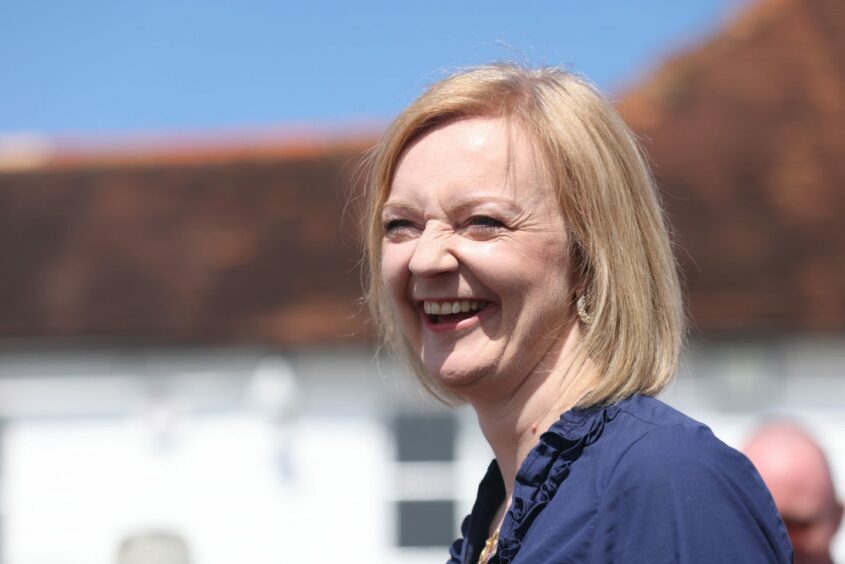
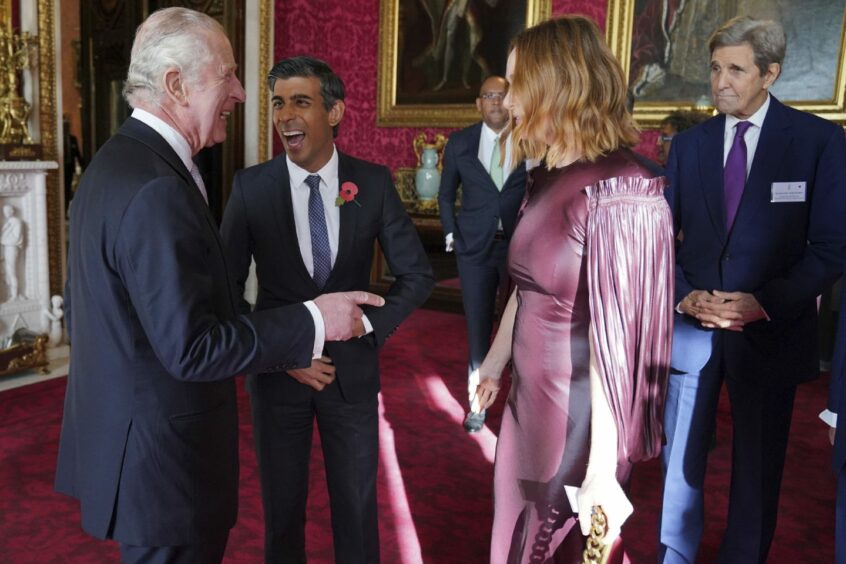


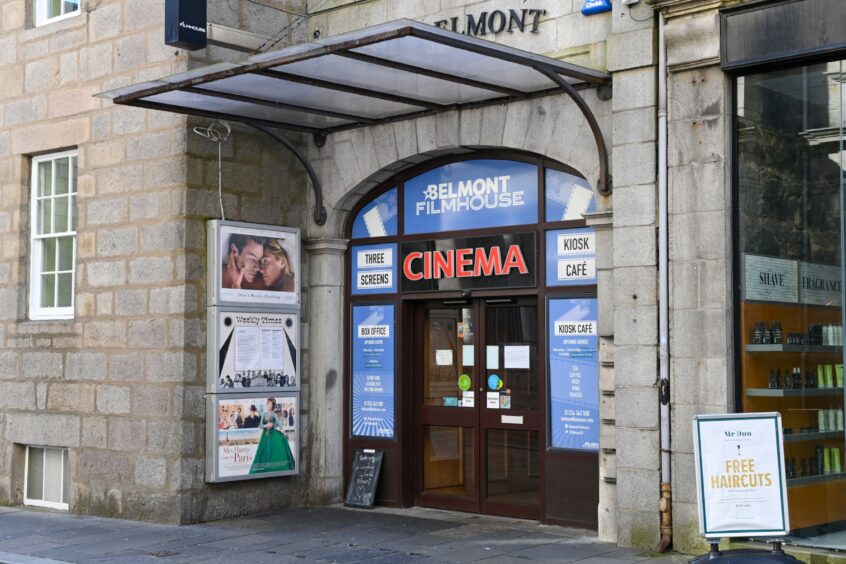
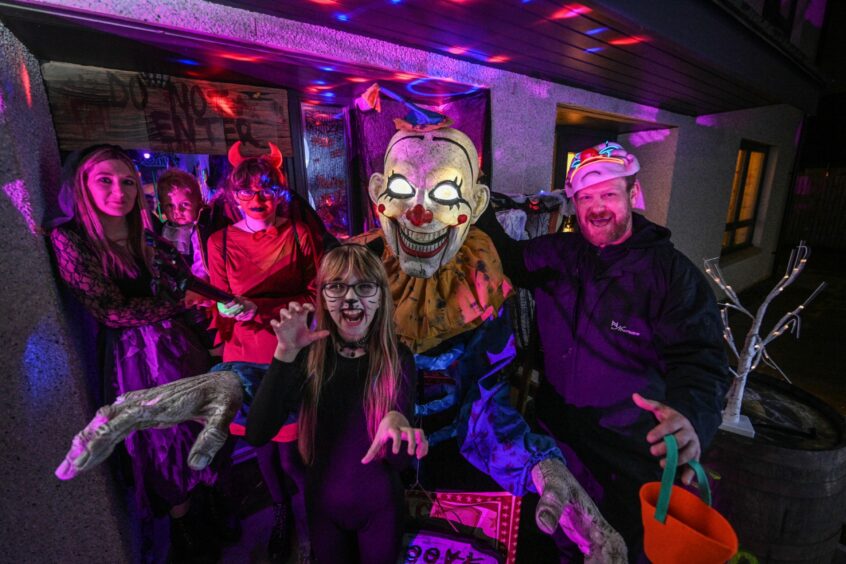
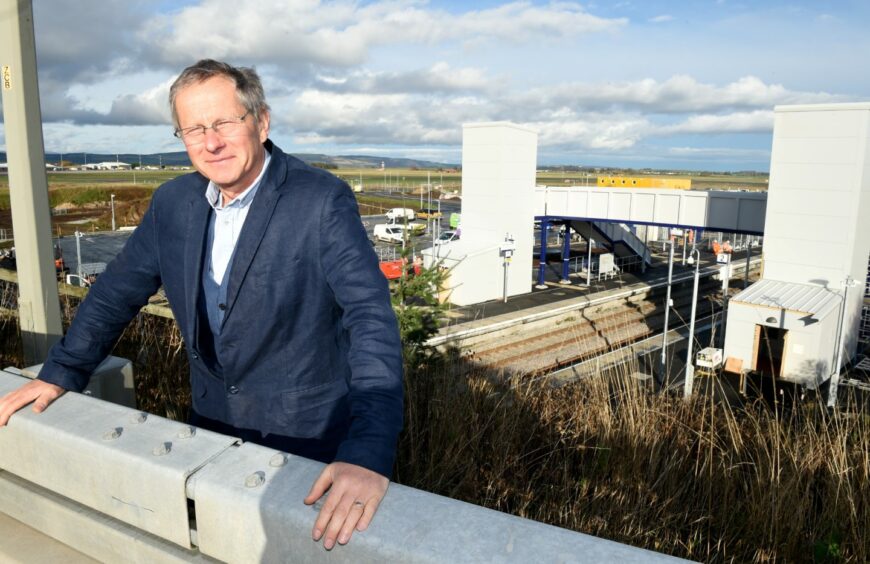
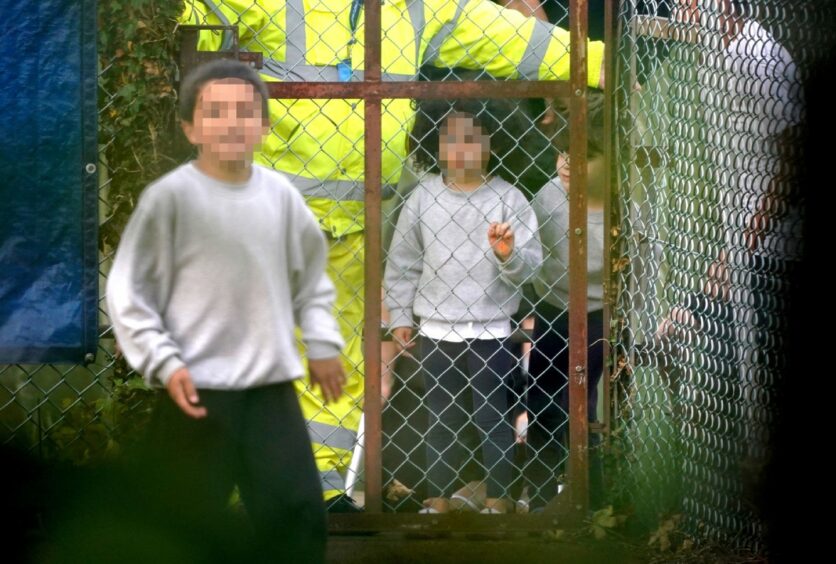
Conversation